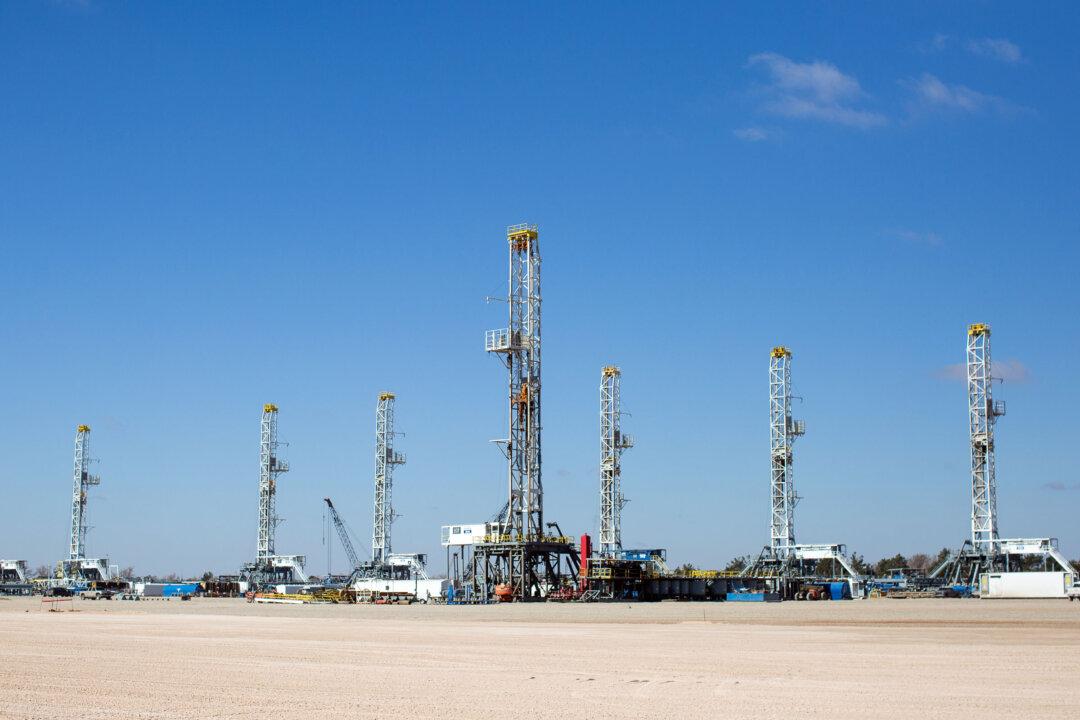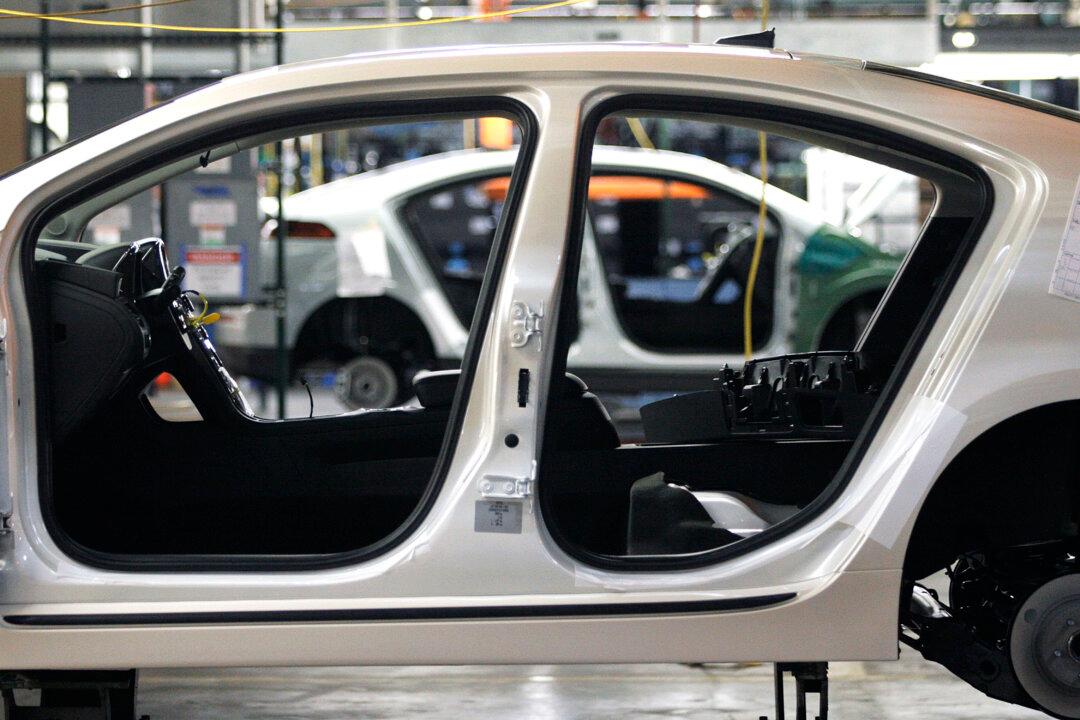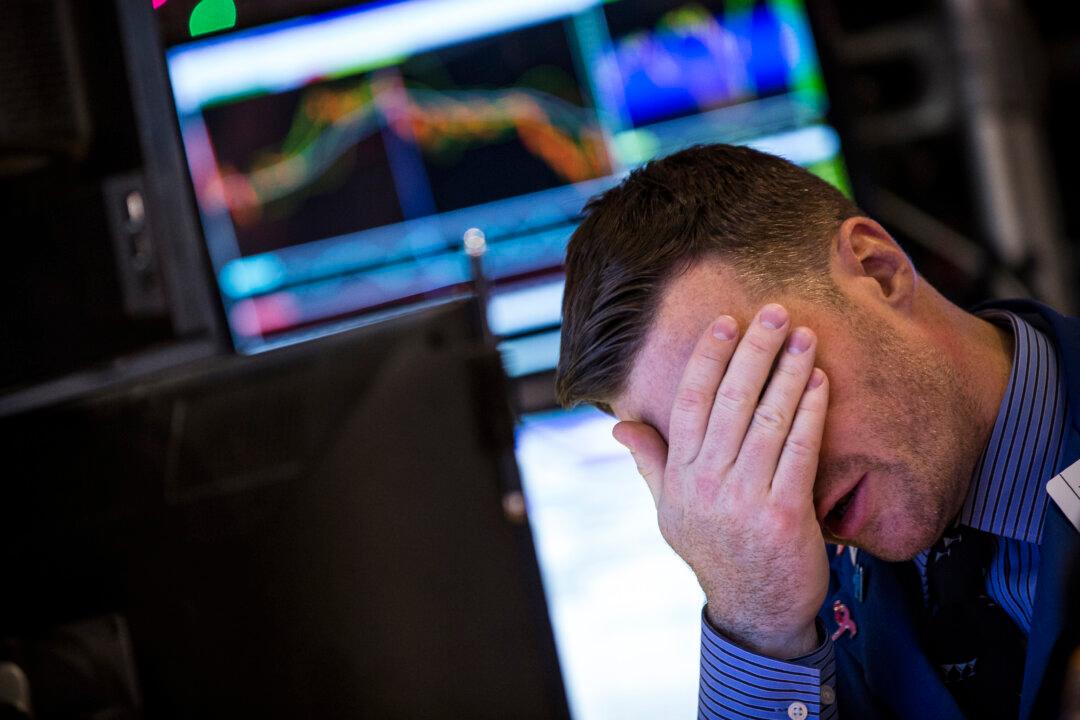The European Central Bank (ECB) President Jean-Claude Trichet on Thursday said that the bank might revise up interest rates in the near future to combat increasing inflationary pressures.
After Trichet and the ECB decided to leave the interest rate at its current level of 1 percent across the eurozone, but hinted that the central bank may look to raise interest rates next month, Trichet told reporters in Frankfurt Thursday.
After the news, the euro currency climbed higher against the dollar, to near four-month highs, on Thursday afternoon. The euro will continue to rise should interest rates in the eurozone be revised higher.
At the heart of the debate is inflation—fanned by fast economic growth in some parts of Europe and the rising price of crude oil due to unrest in the Middle East. Current inflation rates have exceeded the ECB’s limit of 2 percent in the trailing three months.
“The increase in inflation rates in early 2011 largely reflects higher commodity prices,” Trichet said, at a conference in Frankfurt on Thursday, according to the ECB website. “Pressure stemming from the sharp increases in energy and food prices is also discernible.”
Trichet said that in the medium term, inflation also looks to be growing largely due to an increase in energy commodities such as oil and gas, as well as non-energy commodities such as food and grains.
According to the U.N.’s Food and Agriculture Organization (FAO), food prices reached a new record in February, its eighth straight month of increases. Price increases have affected sugar, grains, and dairy in all markets.
And analysts say that figure is unlikely to come down any time soon. “We expect food prices to trend higher. At one point, it will come off in 2012,” UBS analyst Dominic Schnider said in a Bloomberg interview.
After Trichet and the ECB decided to leave the interest rate at its current level of 1 percent across the eurozone, but hinted that the central bank may look to raise interest rates next month, Trichet told reporters in Frankfurt Thursday.
After the news, the euro currency climbed higher against the dollar, to near four-month highs, on Thursday afternoon. The euro will continue to rise should interest rates in the eurozone be revised higher.
At the heart of the debate is inflation—fanned by fast economic growth in some parts of Europe and the rising price of crude oil due to unrest in the Middle East. Current inflation rates have exceeded the ECB’s limit of 2 percent in the trailing three months.
“The increase in inflation rates in early 2011 largely reflects higher commodity prices,” Trichet said, at a conference in Frankfurt on Thursday, according to the ECB website. “Pressure stemming from the sharp increases in energy and food prices is also discernible.”
Trichet said that in the medium term, inflation also looks to be growing largely due to an increase in energy commodities such as oil and gas, as well as non-energy commodities such as food and grains.
According to the U.N.’s Food and Agriculture Organization (FAO), food prices reached a new record in February, its eighth straight month of increases. Price increases have affected sugar, grains, and dairy in all markets.
And analysts say that figure is unlikely to come down any time soon. “We expect food prices to trend higher. At one point, it will come off in 2012,” UBS analyst Dominic Schnider said in a Bloomberg interview.



